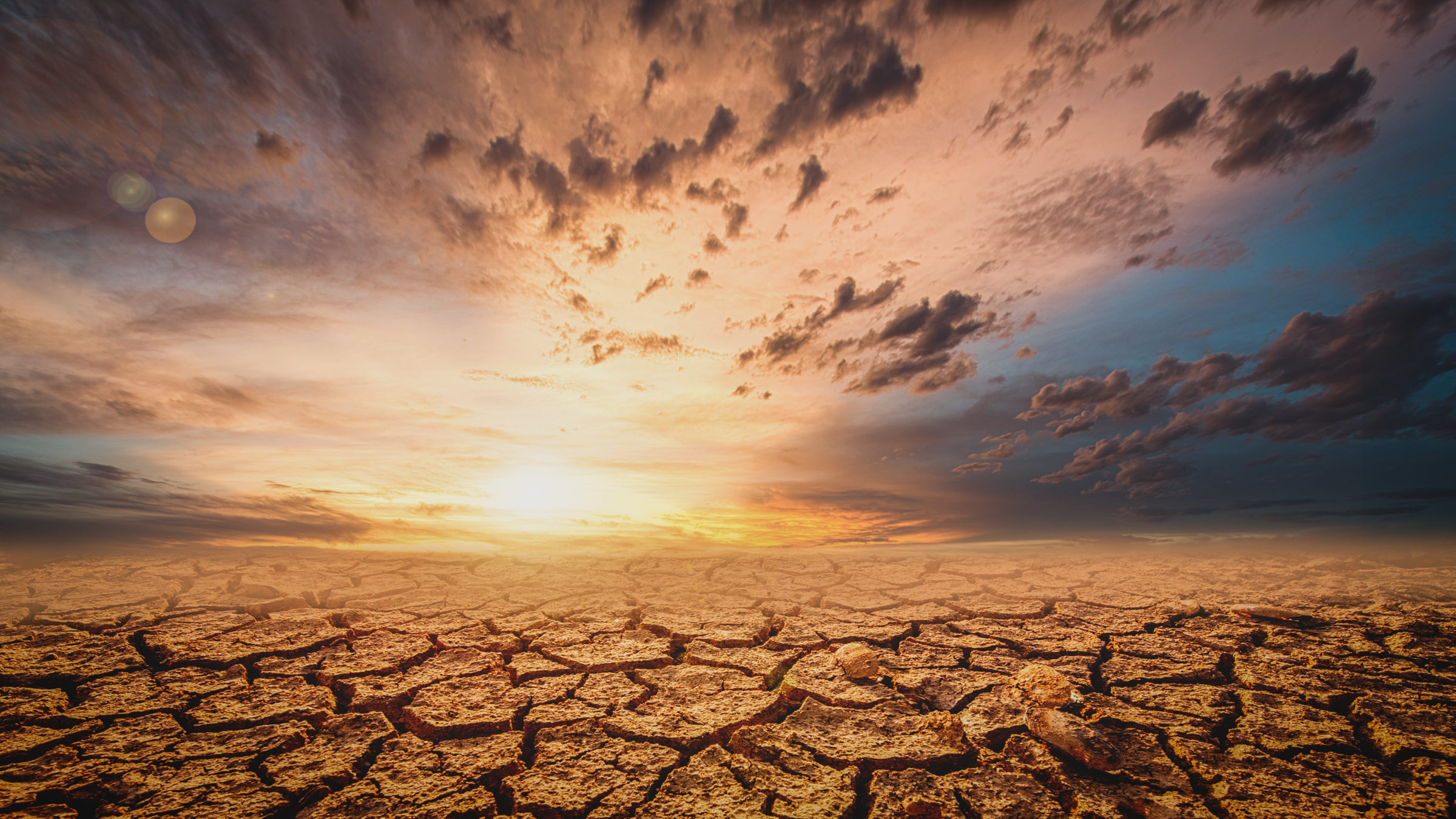Global Warming as the New COVID
Crossposted at National ReviewWhen COVID finally fades, how will the new authoritarianism that the public-health emergency enabled, be retained? By turning global warming/climate change into the next major public-health emergency. And the good news from our would-be overlords’ perspective, is that the climate change “public health crisis” would last decades, rather than mere years. Indeed, it might never end.
Lest you doubt me, the invaluable bioethics watchdog Bioedge notes that 230 of the world’s medical and bioethics journals have now put climate change at the top of their advocacy agenda via a joint editorial. From the editorial (my emphasis):
Equity must be at the centre of the global response. Contributing a fair share to the global effort means that reduction commitments must account for the cumulative, historical contribution each country has made to emissions, as well as its current emissions and capacity to respond. Wealthier countries will have to cut emissions more quickly, making reductions by 2030 beyond those currently proposed 2021 and reaching net-zero emissions before 2050. Similar targets and emergency action are needed for biodiversity loss and the wider destruction of the natural world.
To achieve these [emmissions reduction] targets, governments must make fundamental changes to how our societies and economies are organised and how we live. The current strategy of encouraging markets to swap dirty for cleaner technologies is not enough. Governments must intervene to support the redesign of transport systems, cities, production and distribution of food, markets for financial investments, health systems, and much more. Global coordination is needed to ensure that the rush for cleaner technologies does not come at the cost of more environmental destruction and human exploitation.
This is in line with Dr. Anthony Fauci’s writing last year that to stop future pandemics the powers of the UN and WHO will have to be strengthened in order to “rebuild the infrastructure of human existence.” Do you see the pattern?
Yes, there will be mandates. One idea pushed recently in Nature–one of the world’s most prestigious science journals–is for each of us in the be assigned a “personal carbon allowance” (PCA) that would forcefully limit our individual emissions and which could be bought and sold (thereby allowing the real reach to maintain their current lifestyles). From the article:
A key question about PCAs is how could they be implemented in practice? What technology is needed to manage carbon accounts? How will people keep track of their carbon allowances? And how would allowances be traded?
The answer? The kind of COVID tracking apps developed for contact tracing.
In many countries, mobile apps designed for COVID-19 infection tracking and tracing played an important part in limiting the spread of the pandemic. The deployment and testing of such apps provide technology advances and insights for the design of future apps for tracking personal emissions. Recent studies show how COVID-19 contact-tracing apps were successfully implemented with mandatory schemes in several East Asian countries, such as China, Taiwan and South Korea. In these countries, the apps assessed each user’s travel history and health status, playing a key role in tracking infections. These unique natural experiments give insights into possible strategies to use apps to track PCAs.
The authors even want to implement AI algorithms to track our eating habits and other patterns of life:
AI could be especially beneficial for PCA designs that also include food- and consumption-related emissions. Many voluntary smartphone apps can already capture personal travel and dietary behaviours for estimating carbon emissions and potential health consequences. Algorithms in those apps can intelligently understand the mode of transport on the basis of the user’s speed and trajectory, and can estimate food-related emissions on the basis of purchasing habits.
Two hamburgers per month, and you are done!
Read the whole article. It illuminates the technocratic mindset quite vividly. I can’t imagine a more potent prescription for rending what is left of societal cohesion than this.
